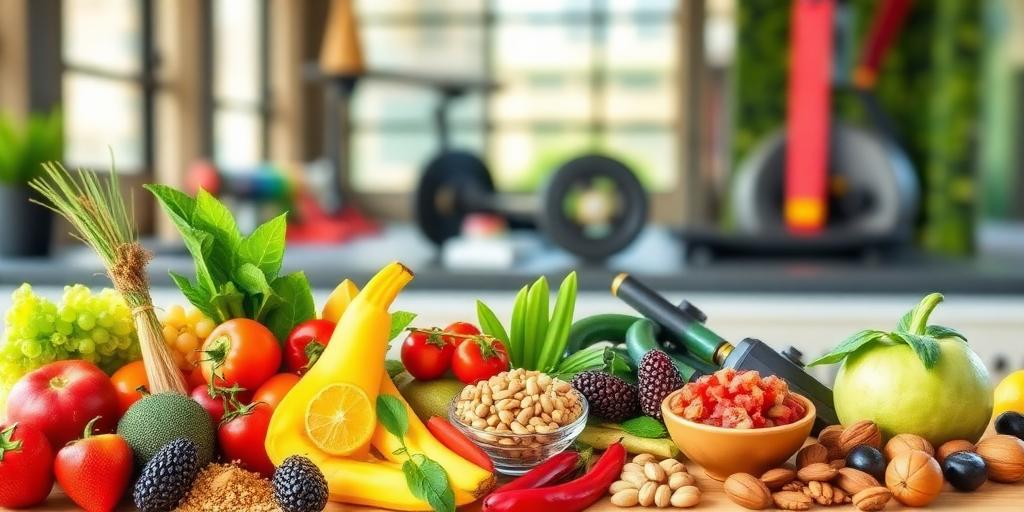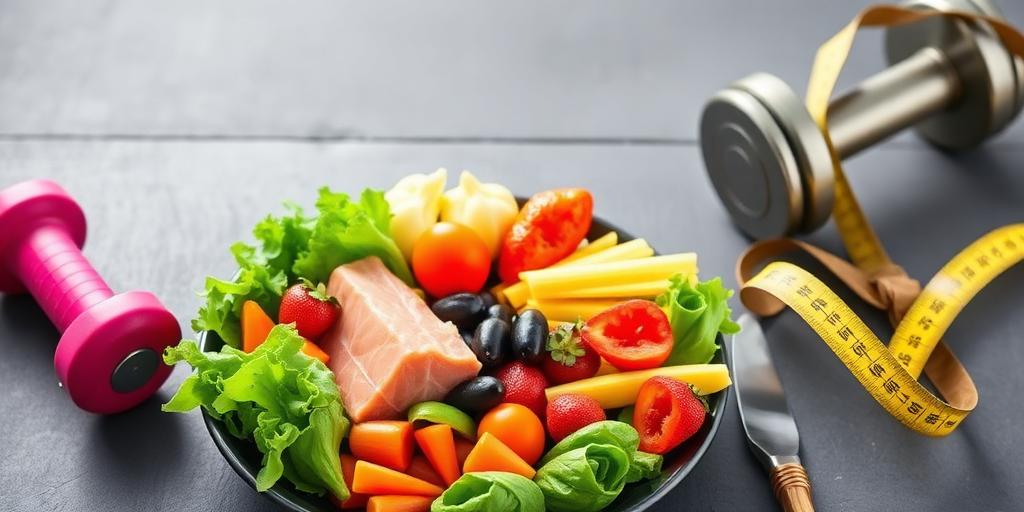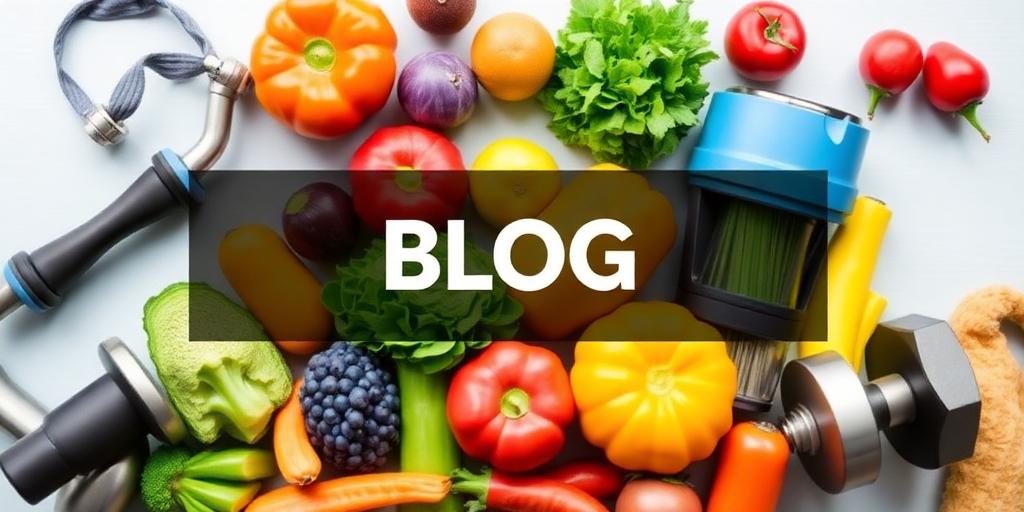Plant-Based Nutrition for Strength and Fitness
In recent years, plant-based diets have gained considerable traction, not just for ethical and environmental reasons, but also for their potential health benefits, particularly in the realm of strength and fitness. This comprehensive guide explores how a well-planned plant-based diet can fuel your workouts, support muscle growth, and enhance overall athletic performance.
Understanding Plant-Based Diets
Before diving into the specifics, it's essential to define what a plant-based diet entails. Generally, it emphasizes foods derived from plants, including:
- Fruits: Apples, bananas, berries, oranges, etc.
- Vegetables: Broccoli, spinach, carrots, kale, etc.
- Legumes: Beans, lentils, peas, chickpeas, etc.
- Grains: Rice, oats, quinoa, barley, etc.
- Nuts and Seeds: Almonds, walnuts, chia seeds, flax seeds, etc.
While some plant-based eaters are vegan (avoiding all animal products), others may include some animal products like dairy, eggs, or fish in moderation. For the purpose of this guide, we will focus on a predominantly whole-food, plant-based approach.
Key Nutrients for Strength and Fitness
To optimize strength and fitness on a plant-based diet, it's crucial to pay attention to specific nutrients:
Protein: Often the first concern when discussing plant-based diets, adequate protein intake is vital for muscle repair and growth. Excellent plant-based protein sources include legumes, tofu, tempeh, quinoa, nuts, and seeds. Aim for 0.8-1.2 grams of protein per kilogram of body weight, depending on your activity level.
Carbohydrates: The primary fuel source for workouts, carbohydrates are abundant in plant-based diets. Focus on complex carbohydrates like whole grains, fruits, and vegetables to provide sustained energy.
Fats: Healthy fats are essential for hormone production and overall health. Incorporate sources like avocados, nuts, seeds, and olive oil into your diet.
Iron: Important for oxygen transport in the blood, iron deficiency can lead to fatigue and impaired performance. Plant-based iron sources include lentils, spinach, and fortified cereals. Consuming these with vitamin C can enhance absorption.
Calcium: Crucial for bone health and muscle function, calcium can be found in leafy greens, fortified plant milks, and tofu.
Vitamin B12: This vitamin is not found in plant foods and must be supplemented or obtained from fortified foods to prevent deficiency.
Meal Planning for Plant-Based Athletes
Creating a balanced meal plan is key to meeting your nutritional needs. Here's a sample daily plan for a plant-based athlete:
- Breakfast: Oatmeal with berries, nuts, and seeds, along with a plant-based protein shake.
- Lunch: Quinoa salad with chickpeas, vegetables, and a tahini dressing.
- Dinner: Lentil stew with whole-grain bread and a side of steamed greens.
- Snacks: Fruits, vegetables with hummus, or a handful of nuts.
Tips for Optimizing Plant-Based Performance
- Hydration: Drink plenty of water throughout the day, especially before, during, and after workouts.
- Timing: Consume a carbohydrate-rich meal or snack 1-2 hours before exercise and a protein-rich meal within 1-2 hours after exercise to support recovery.
- Variety: Eat a wide variety of plant-based foods to ensure you're getting a full spectrum of nutrients.
- Supplementation: Consider supplementing with vitamin B12, vitamin D, and omega-3 fatty acids, especially if you have limited sun exposure or don't consume algae-based supplements.
Overcoming Challenges
Some common challenges faced by plant-based athletes include:
- Meeting Protein Needs: Careful planning and strategic food choices can easily address this.
- Calorie Intake: Plant-based foods tend to be lower in calories, so you may need to eat larger portions or more frequently to meet your energy needs.
- Social Situations: Navigating social events and eating out can be tricky, but with some planning, you can find plant-based options or bring your own food.
Conclusion
A well-planned plant-based diet can absolutely support strength and fitness goals. By focusing on nutrient-dense foods, proper meal timing, and supplementation when necessary, you can thrive as a plant-based athlete. Remember to consult with a registered dietitian or sports nutritionist to create a personalized plan that meets your individual needs.









